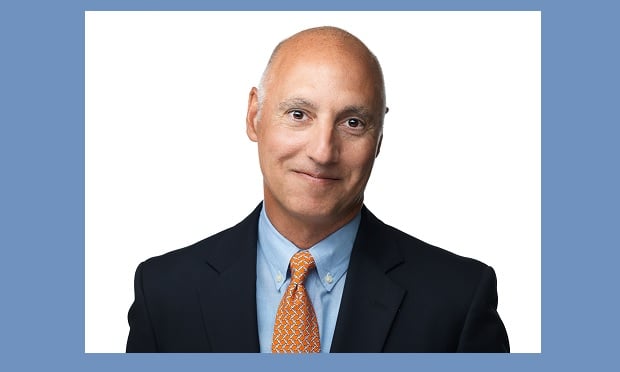After re-emphasizing that Standard & Poor's rating action on U.S. long-term sovereign debt will have little, if any, effect on the insurance industry, Robert Hartwig, president of the Insurance Information Institute, said there are some underlying economic conditions that need to be looked at.
“What in the World is Going On?” was the theme of his talk given during the Vermont Captive Insurance Association's 26th annual conference in Burlington, Vt.
Tracking comments made previously, Hartwig said the downgrade “has little practical impact…This has basically no impact on the solvency, the liquidity or the claims-paying capacity of the property and casualty insurance industry—basically none.”
He added that in this kind of climate, people love dumping stocks, including insurance stocks. But “the reality is that for [property and casualty] insurers industry-wide, out of their total $1.3 trillion in invested assets, 6 percent is U.S. sovereign debt.”
Hartwig noted, “So it's quite minimal, and we're not going to default. Nobody is going to lose any money here.”
Investors will continue to view U.S. Treasury Securities as the safest investment in the world, he said. “It's not even close. There are only four countries in the world that are rated triple-A. Now one of them is France, and France doesn't even have its own currency.”
He noted that France uses the Euro, and asked, “Why are they rated above the United States?”
The reality, he observed, is that no other market is “as large and liquid as the U.S. Treasury market is and will remain.”
He noted that the other ratings agencies did not follow suit with the downgrade and that “it's been a tough ride for S&P.” Not only will they be “hauled in front of Congress,” he said, but their “offices were raided in Italy. That's how they do business in Italy. They raid the offices of the rating agency. That's how they take care of that problem,” he joked.
Hartwig said, however, that underlying issues need to be looked at:
- The realization that the world's largest economy is, in fact, slowing.
- The question of what is going on in Europe.
- The view that Washington is utterly dysfunctional and rudderless—that there is a “lack of a cohesive way to deal with the debt and other structural issues.”
He added that the reality is that the biggest structural issue on voters' minds is jobs.
The question, Hartwig stated, is whether this a case of “déjà-vu all over again. Absolutely it is not. The situation today is very different from 2008—we are not on the precipice of a financial collapse, the credit markets are not ceasing, and they will not cease here in 2011.”
Bank balance sheets are in much stronger shape today, he said. “Capital is up, charge-offs are actually falling. We will not be experiencing the mega-collapses of the financial sector that we did three years ago.”
In other words, he said, “we're not looking at another Lehman failing. We're not looking at another AIG, Washington Mutual, Wachovia, Countrywide Financial.”
Most importantly, he said, it would be “asinine” to have the debate about defaulting on U.S. debt again. “The probability should be zero that we will ever default on the United States debt. Zero, zero, zero,” Hartwig emphasized. “The entire world needs to know that.”
Want to continue reading?
Become a Free PropertyCasualty360 Digital Reader
Your access to unlimited PropertyCasualty360 content isn’t changing.
Once you are an ALM digital member, you’ll receive:
- Breaking insurance news and analysis, on-site and via our newsletters and custom alerts
- Weekly Insurance Speak podcast featuring exclusive interviews with industry leaders
- Educational webcasts, white papers, and ebooks from industry thought leaders
- Critical converage of the employee benefits and financial advisory markets on our other ALM sites, BenefitsPRO and ThinkAdvisor
Already have an account? Sign In Now
© 2025 ALM Global, LLC, All Rights Reserved. Request academic re-use from www.copyright.com. All other uses, submit a request to [email protected]. For more information visit Asset & Logo Licensing.








